Makai Ka Jaanr is Sikkim’s own organic, homemade corn beer. This is how to experience it with the locals.
Table of Contents
How It’s Made
The general process of producing beer is quite simple as it needs only fermentation and no distillation. Distillation is used to make strong spirits. Fermentation is used to make beer and wine.
The simple equation of fermentation is as follows:
GLUCOSE (+yeast) -> ALCOHOL (ethanol) + CO2
That’s all there’s to it. When yeast acts on something like corn, it takes the sugar from the corn and converts it into alcohol while releasing carbon dioxide.
The glucose here comes from the maize (or corn) and the yeast comes from the forest. The local yeast in Sikkim is called Marcha.
The process is 100% organic. Marcha is mixed with the corn and kept for a few days or a week. The more you keep it, the stronger it can become. It is usually consumed within the same month.
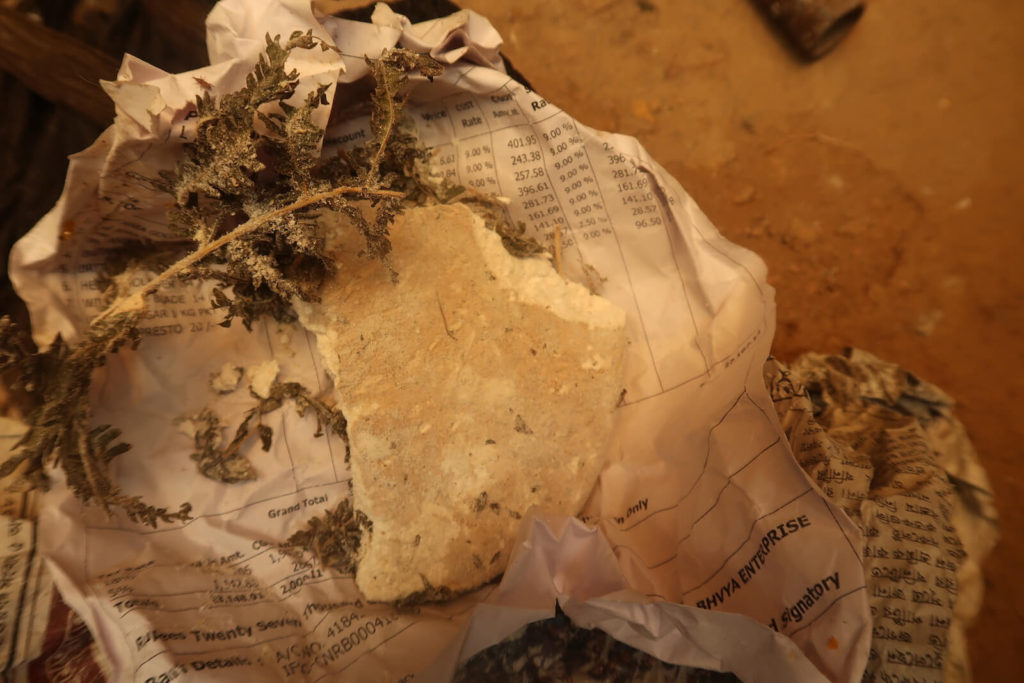
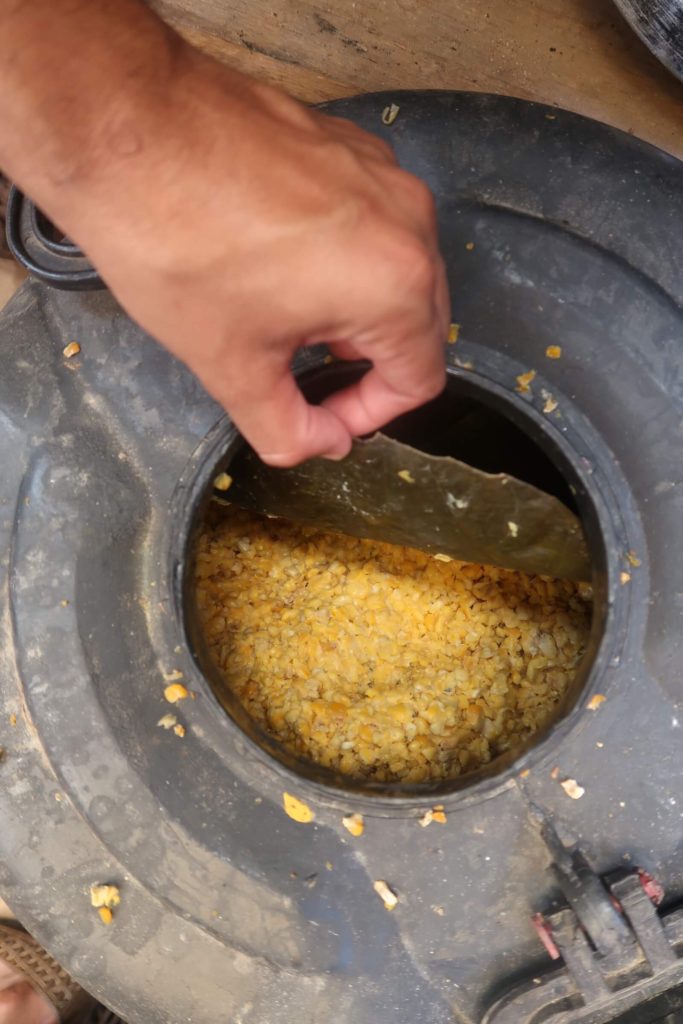
How to Serve & Drink
Take some of the corn (which was mixed with yeast atleast 3-5 days ago), add some water, let the corn soak the water and then drain the liquid.
The liquid drained will be the beer and has to be served cold or at room temperature (which is usually cold in Sikkim). There is no culture or need of adding ice in Sikkim.
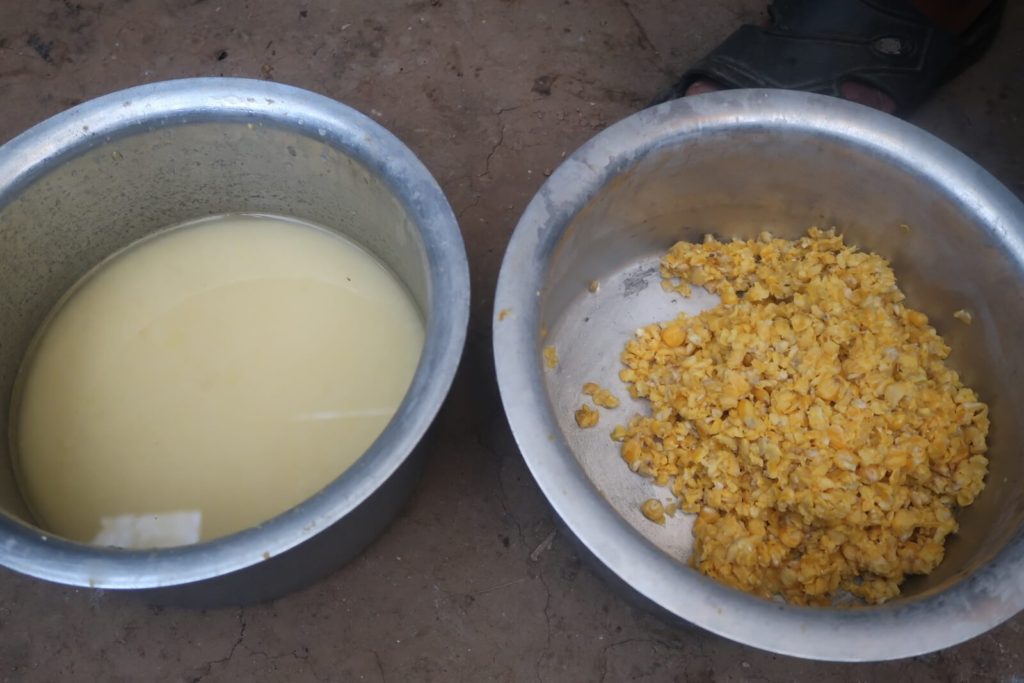
How much does it Cost
In villages, almost every house makes homemade alcohol. Some houses product more and can sell the same. It’s usually sold at Rs 10 per mug and Rs 50 for a big bottle. Please tip heavily.
When to Drink
Makai ko jaanr is a great drink to serve after food or after a long day of working in the farms 🙂
It’s also used to socialise within the family, with friends, and other villagers.
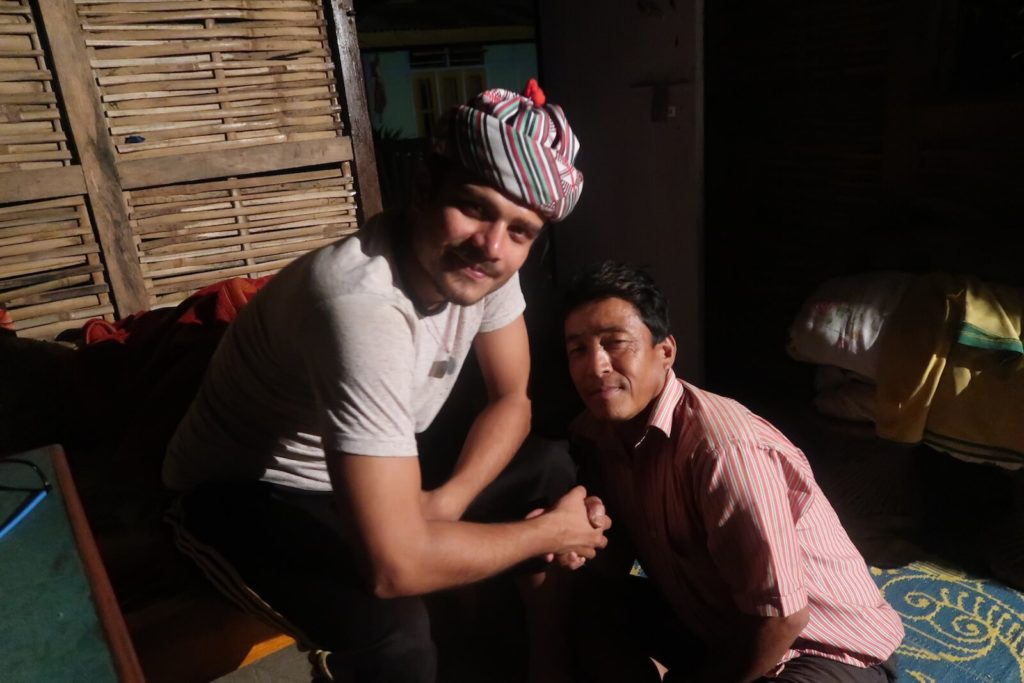
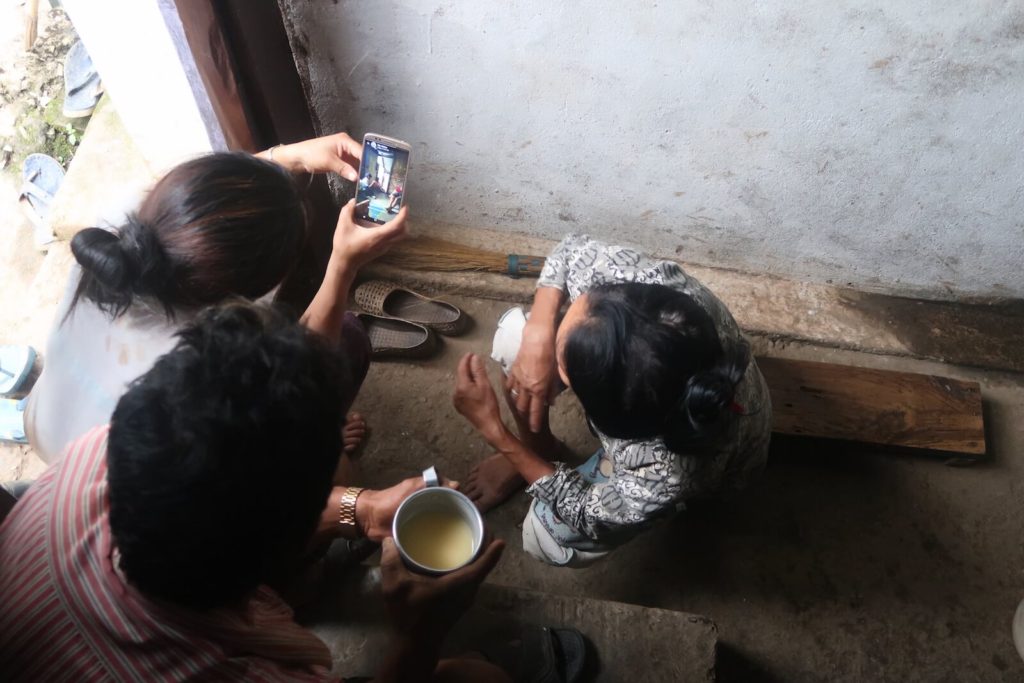
Where to Find Organic Corn Beer
You can find this along with other homemade beers in any of the villages. Due to uncontrolled (and illegal) production issues as the police and forest officers try to get money from the villagers for making this, they might not be very comfortable sharing it or getting pictures clicked.
The government wants to sell more of the chemical-ed bottles of manufactured Indian spirits in the self-sufficient state of Sikkim.
However, If you’re in Sikkim, just let us know and we’ll get you a glass for sure! Cheers 🙂
